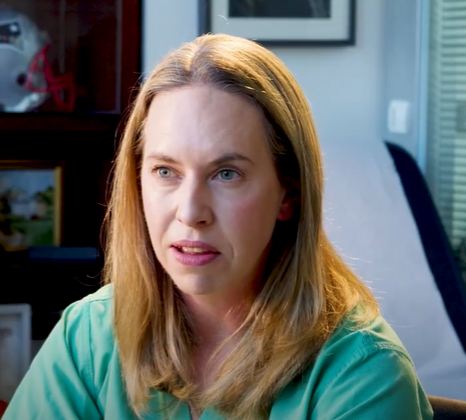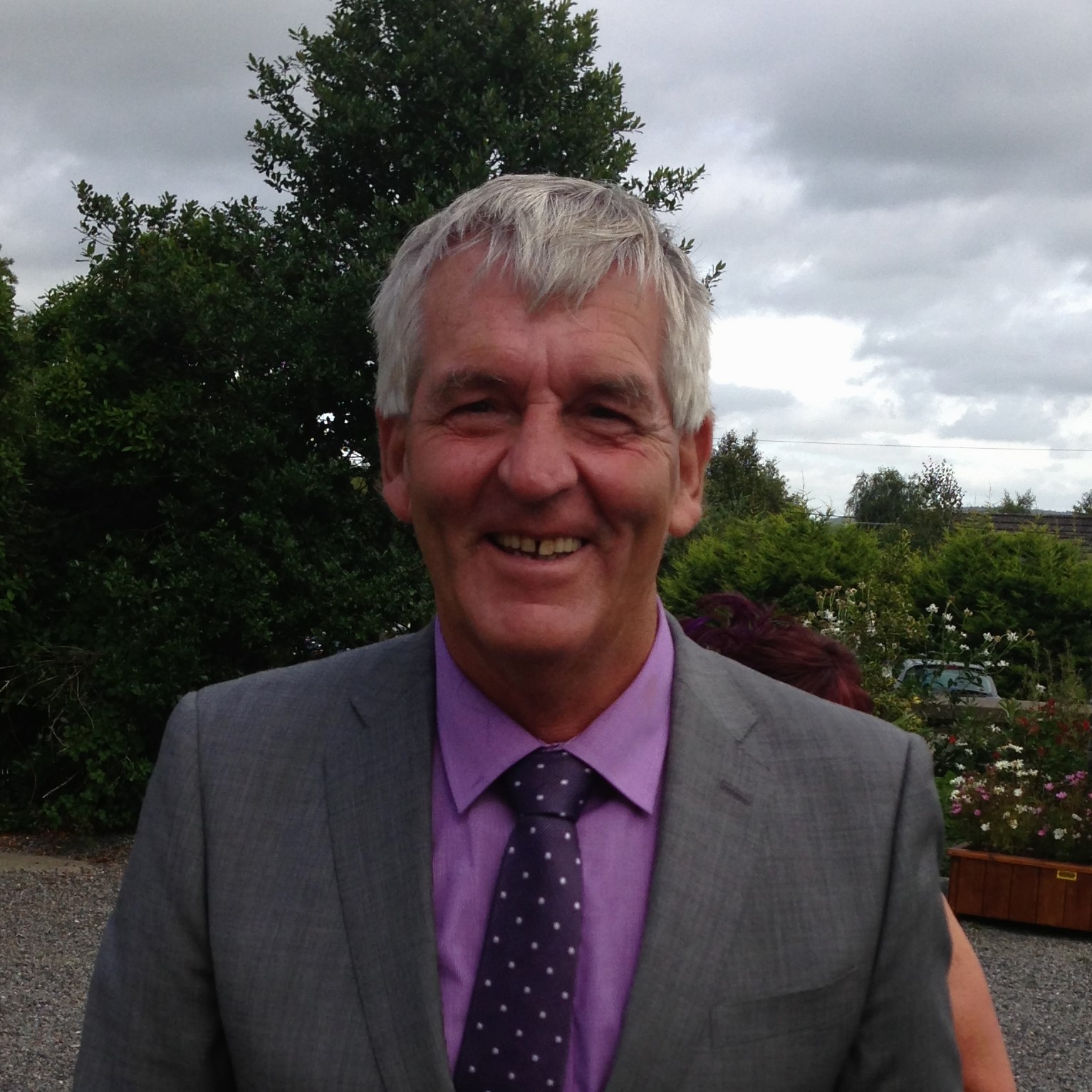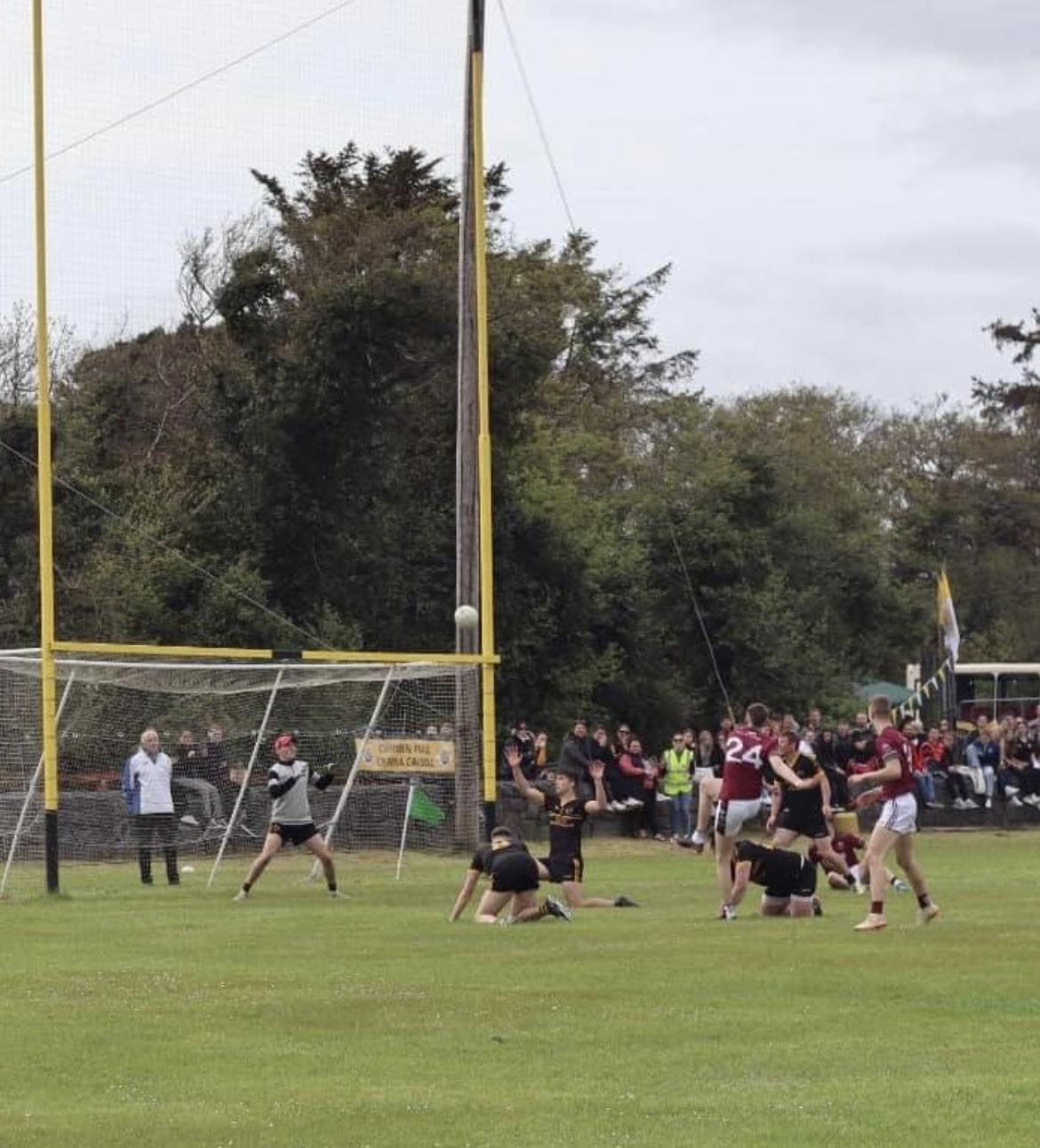Watch this video of Ms Ruth Delaney, Consultant Orthopaedic Surgeon specialising in Shoulder Injuries at UPMC Sports Surgery Clinic, discussing how to manage shoulder injuries in sports.
Ms. Ruth Delaney is a consultant orthopaedic surgeon and shoulder specialist. Ms. Delaney specializes in the full range of shoulder surgery, including open and arthroscopic procedures.
Her subspecialist areas of interest include shoulder instability and shoulder replacement surgery. She also maintains an active academic role, teaching visiting fellows and medical students on elective rotations, as well as teaching shoulder courses internationally, and is a reviewer for the Journal of Shoulder and Elbow Surgery. Ms. Delaney founded the Irish Shoulder Fellowship programme, which began taking international fellows in 2018.
The most common sports injuries I would see usually relate to instability of the shoulder especially in collision sports, we have so many rugby players in this country and obviously rugby sevens is up and coming and, in the Olympics, we have Gaelic football and hurling, so there is a range of shoulder injuries that can happen in sports and we take care of all of them. For more recreational athletes, if you’re out there on your own a good place to start is with your GP because they will be able to assess whether this is something that can be sent to a physiotherapist or is it something that needs to come directly to us here.
We are always happy to take direct queries as well so patients can contact us here at UPMC Sports Surgery Clinic and we have the sports medicine department and we have orthopaedic specialists in each joint. A man who had a shoulder replacement came last week and said it’s a whole new way of life because I can sleep at night and I can lift my grandkids so that’s not a high performing athlete but that’s somebody’s life is much better because of what we could do. Its also very rewarding when you have the elite athletes and you see them get back to the same level they were at before their shoulder surgery.
We have colleagues in lots of different orthopaedic sub specialties so I will often consult with a spine specialist as well if I think someone may have a neck problem or the pain specialist, the physiotherapy department has a really advanced shoulder team as well, so sometimes we put our heads together to come up with the best plans and usually that involves discussing the whole thing with the patient or if it’s a younger athlete for example it might be with their parents also or their coach or physiotherapist.
One of the big challenges is when an athlete can safely return to play particularly in contact and collision sports the traditional ways of knowing that were just arbitrary timelines, depending on the type of surgical reconstruction but there is a lot more and our physiotherapy department has been doing a lot of work on that, Edel Fanning our lead shoulder physiotherapist has actually done a PhD in this area in collision athletes specifically after shoulder stabilization surgery, biomechanics testing along with isokinetic testing using things like force plates and that’s helping us to understand how to fine tune the rehab to a much more detailed level and individualized to each athlete and to their sport as well and we are lucky to have a really comprehensive biomechanics lab here at UPMC SSC that helps us with that.
I think its really that we measure the outcomes of our surgeries, not good enough, the surgery seems to go well on the day or your happy with it, the patient has to be happy with it ultimately, so we track these outcomes so this helps us to plot their progress. Ideally 1 year, 2 year, 5 years that we are delivering measurable outcomes and we can then advise future patients what they can expect as well. I would tell people who have shoulder problems there is often more that can be done than you think, so I would encourage us to engage with us and let us try and help them if they have a shoulder problem that’s not going away.
We are not just for elite athletes although we do take a lot of satisfaction and a lot of pride in taking care of elite athletes right from professional rugby players, Olympic athletes, we are equally as proud of the people who are in their 80s or 90s and need joint replacements. Seeing somebody just having a better life after what I have been able to do for them is the most satisfying thing.
|










